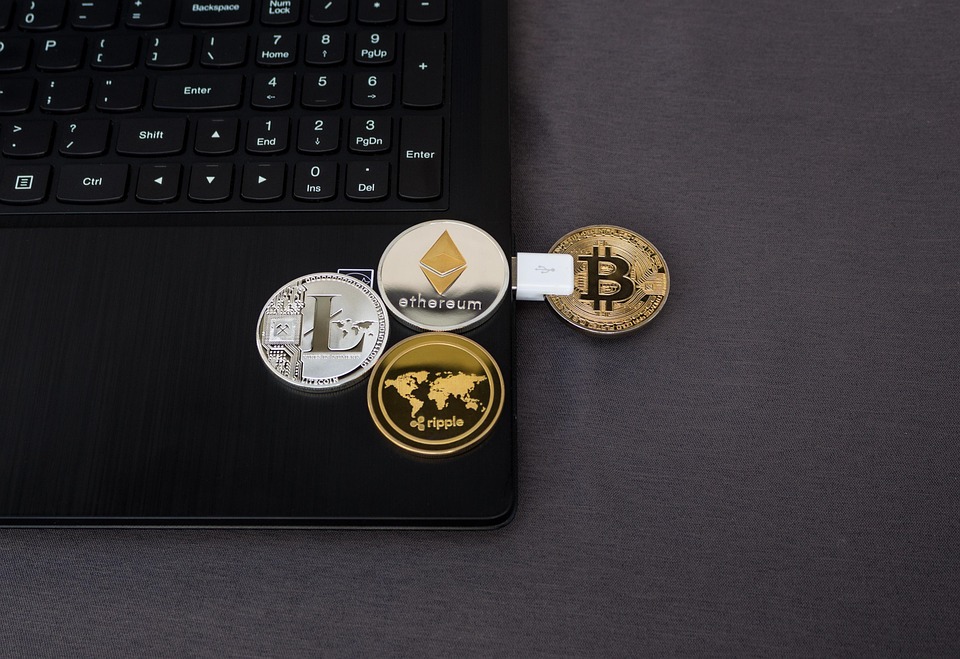[ad_1]
In the digital age, cryptocurrencies have emerged as a revolutionary form of asset. However, with this innovation comes significant security risks. As more people invest in cryptocurrencies, understanding how to protect these digital assets is crucial. This article explores essential best practices for ensuring the security of your cryptocurrency investments.
Understanding Cryptocurrency Security
Cryptocurrency is stored in digital wallets and operates on decentralized networks, making it susceptible to various security challenges. Unlike traditional finance, where there are layers of regulatory protection, cryptocurrency transactions are largely irreversible and anonymous. This lack of oversight can lead to significant security vulnerabilities, necessitating a well-informed approach to safeguarding digital assets.
Best Practices for Cryptocurrency Security
1. Choose Secure Wallets
Selecting the right wallet is foundational for cryptocurrency security. There are different types of wallets, including:
- Hardware Wallets: Physical devices that store private keys offline, providing high security against online threats.
- Software Wallets: Applications that can be downloaded on computers or mobile devices. While more convenient, they are more vulnerable to hacking.
- Paper Wallets: A physical document containing your private and public keys. While secure from online threats, they can be lost or damaged.
2. Use Strong, Unique Passwords
Passwords are a primary line of defense. Ensure your passwords are:
- At least 12-16 characters long.
- A mix of upper and lower case letters, numbers, and special characters.
- Unique for each account or service.
Consider using a password manager to help manage complex passwords securely.
3. Enable Two-Factor Authentication (2FA)
Two-Factor Authentication adds an extra layer of security by requiring not only a password and username but also something that only the user has on them. This can be achieved through SMS codes or authentication apps. Always enable 2FA on your wallets and exchanges.
4. Keep Software Updated
Regularly update the software for your wallets and devices to protect against security vulnerabilities. Developers frequently release patches that address emerging threats. Sticking with the latest version ensures that you benefit from these updates.
5. Be Wary of Phishing Attacks
Phishing attempts can occur through emails, fake websites, or social media. Always check URLs for authenticity and avoid clicking on suspicious links. Suspicious emails should be deleted without clicking on any links.
6. Backup Your Wallet
Regular backups can be life-saving. Ensure you create backups of your wallet and store them in secure locations. Use encrypted storage devices or distributed cloud backups to maintain accessibility while reducing risk.
7. Limit Your Exposure on Exchanges
When using cryptocurrency exchanges, only keep the crypto that you are actively trading on the exchange. Transfer the majority of your assets to a more secure wallet to minimize losses in the event of an exchange hack.
8. Keep Your Information Private
Limit the amount of personal information shared on social media and other online platforms. Cybercriminals often use this information to target individuals effectively.
Conclusion
As cryptocurrencies become increasingly mainstream, security must remain a top priority for any investor. By following best practices such as choosing secure wallets, using strong passwords, enabling two-factor authentication, and staying vigilant against phishing attacks, users can significantly reduce the risks associated with digital assets. Continuous education and proactive measures are essential in protecting your investments in this dynamic and sometimes volatile landscape.
FAQs
1. What should I do if I lose access to my cryptocurrency wallet?
If you have backed up your wallet and have your recovery seed or private key, you may be able to restore access. If not, it may be difficult or impossible to recover your assets.
2. Is investing in cryptocurrencies safe?
While investing in cryptocurrencies can be lucrative, it is inherently risky due to volatility, potential hacks, and regulatory changes. Conduct thorough research and only invest what you can afford to lose.
3. How can I tell if an exchange is reputable?
Look for reviews and ratings, check for regulatory compliance, and see how long the exchange has been operating. Always opt for well-known and established platforms.
4. What is the best wallet for beginners?
For beginners, software wallets can be a good starting point. However, hardware wallets are generally recommended for increased security as one becomes more comfortable with cryptocurrency.
5. What are the risks of using public Wi-Fi for cryptocurrency transactions?
Public Wi-Fi networks can be insecure, making it easier for attackers to intercept your data. It’s best to avoid executing sensitive transactions over such networks or use a reliable VPN for additional protection.
[ad_2]
